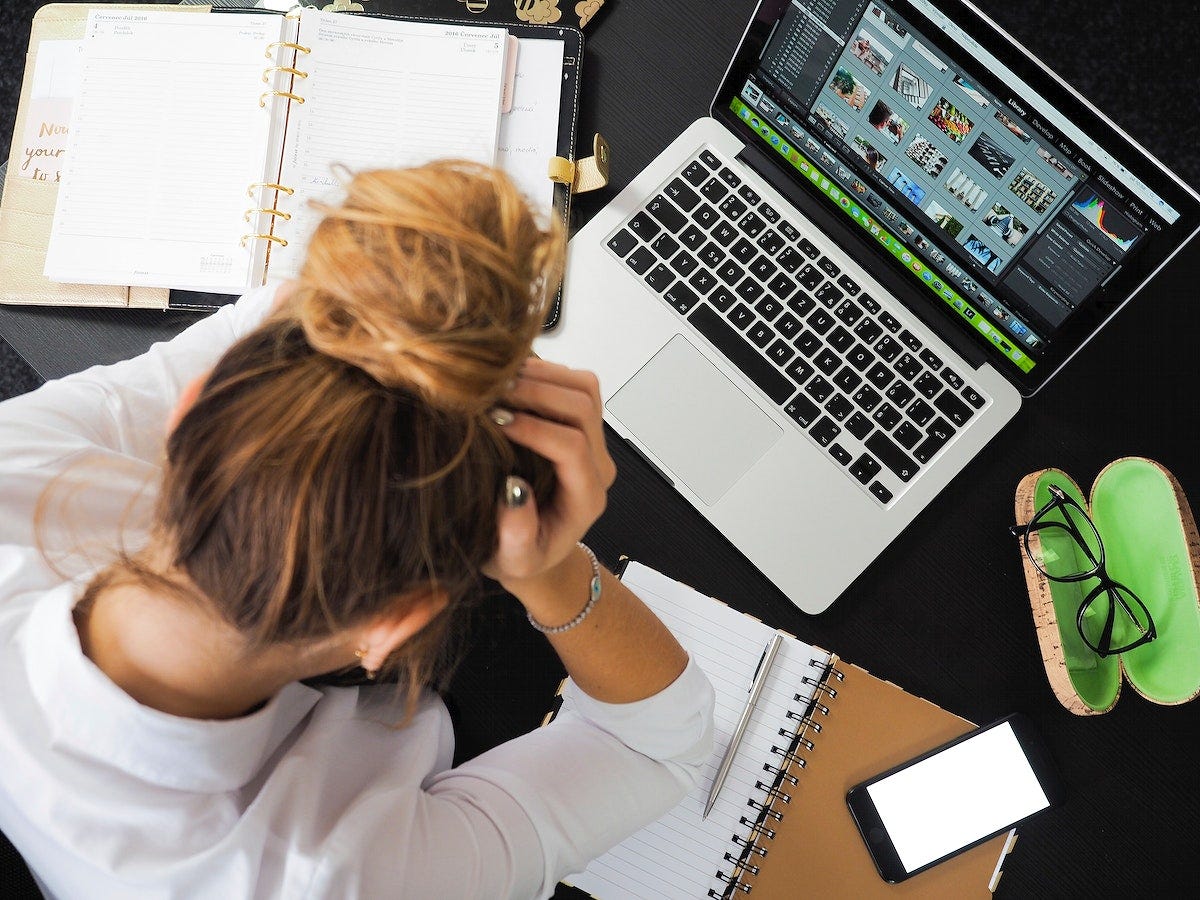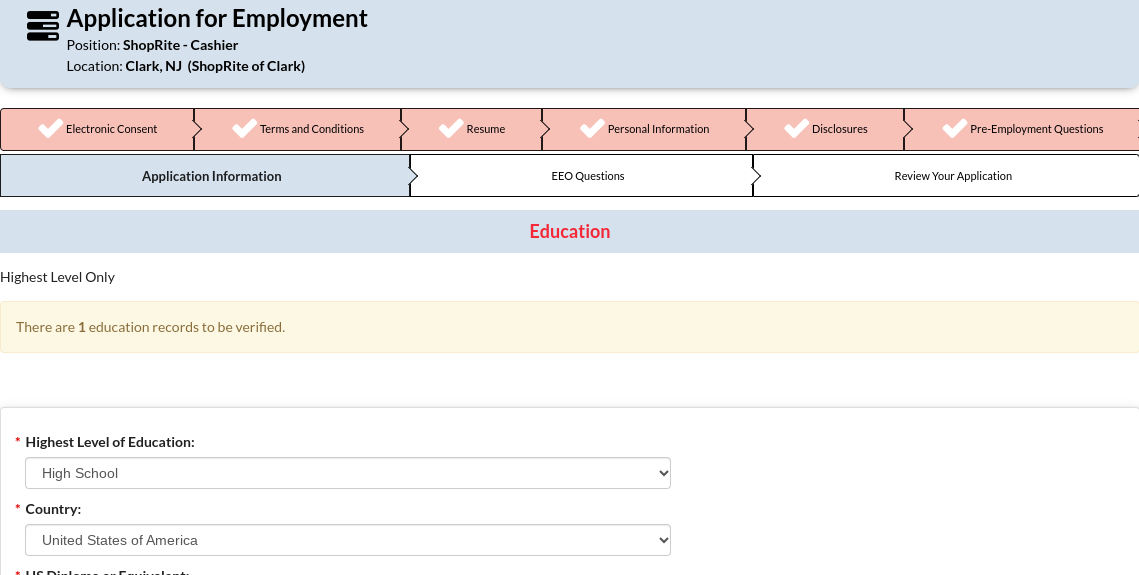Many students can relate to staying up late at night, cramming for that history final that’s due the next day. The outcome of that is usually students walking into class with dark circles and drifting off to sleep. They’re up all night for school, however, the irony is that the result is usually poor.
The expectation of staying up late studying or cramming does the opposite of what was intended. No matter how hard they try to to work at night, they are not nocturnal, so they need to sleep at the time they spend studying.
Five people were interviewed about their bedtime and the answers range from 10 pm to 1 am. The amount of sleep they receive averages out to six and a half hours. The most common thing keeping kids up late at night is fiddling on social media. Students reported the average time it takes for them to fall was 22.5 minutes. A sophomore insomniac said, “I barely get time to sleep. I have so much homework to do, that sleeping isn’t my priority anymore.” She then added, “An average kid gets seven hours of sleep. I use that time to do my work but in the morning, I’m not even sure what I wrote down.”
Gregory Belenky, Director of the Sleep and Performance Research Center at Washington State University, said, “Unless you’re doing work that doesn’t require much thought, you are trading time awake at the expense of performance.”
Bedtime
Generally, experts agree that adults need to sleep 7 to 9 hours each night to function properly. Adults should be aiming for eight hours per night whereas children, teenagers, and young adults need more.
Stress from work or school will make you lose precious hours of sleep. Sleep is important in order for you to focus, but you have to prioritize sleep every day. Students cannot depend on weekends to catch up on lost hours of sleep. According to Scientific American’s article Can You Catch Up on Sleep, “Sleep debt is the difference between the amount of sleep you should be getting and the amount you actually get. It’s a deficit that grows every time we skim some extra minutes off our nightly slumber.”
The good thing the article points out is that sleep debt can be repaid, but not in one long weekend hibernation session. Lawrence J. Epstein, medical director of the Harvard-affiliated Sleep HealthCenters, stated in the article that “tacking on an extra hour or two of sleep a night is the way to catch up. For the chronically sleep deprived, take it easy for a few months to get back into a natural sleep pattern.”
How to fall asleep faster?
Specialists specify not to take naps longer than forty minutes. It is recommended to sleep at one time during the day for eight hours straight. Napping longer than the suggested time can elevate the risk of high cholesterol and high blood pressure.
Blue wave light from your computers, phones, and TV is dangerous because it interferes with melatonin. Melatonin is the hormone your body needs to sleep. Blue light interferes with preparing the hormones your body needs to enter the sleep phase smoothly. A recommendation is to power off all screens an hour before bed.
Researchers believe that insomnia is caused by stress and emotional hardship, try relaxation techniques such as breathing exercise to sleep better. To improve sleep quality, you should always sleep at the same time every night. Wake up without an alarm clock. Resting at a fixed time helps promotes healthy sleeping habits.
Dim lights when it gets dark outside so your eyes act accordingly to the time. Another daily habit to rest easy is to avoid caffeine. Caffeine is one of your worsts enemies when it comes to sleeping well. Excluding caffeine is strongly recommended. If you feel as that you cannot function without coffee, steer clear of it afternoon. Not drinking coffee after 5 PM, gives caffeine enough time to wear off before bedtime.
The sleep judge is one of the sleeping sights that recommend you to sleep comfortably in order to reach those suggested hours.
Students, teachers and adults alike, all struggle with sleeping but once you prioritize your health and take your body seriously, you will sleep soundly.












